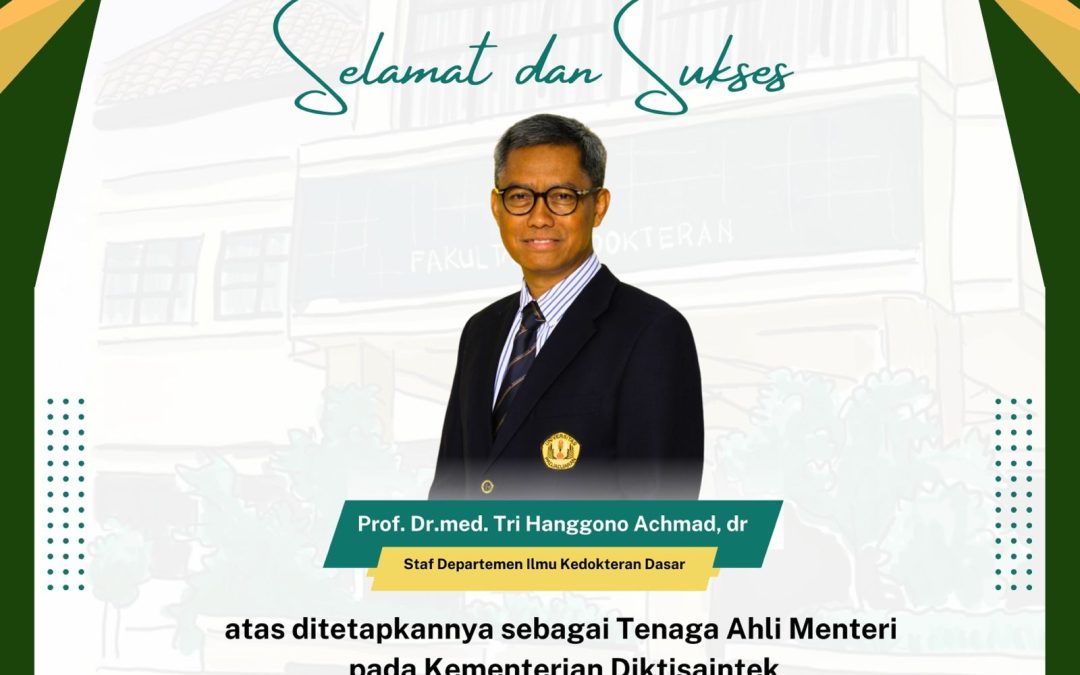
Seleksi Kelas Internasional (IUP) UNPAD di Ayo Kenal UNPAD 2026
UNPAD Perkenalkan Seleksi Kelas Internasional (IUP) dalam Acara Ayo Kenal UNPAD 2026
Universitas Padjadjaran kembali membuka ruang informasi seluas-luasnya bagi calon mahasiswa yang tertarik menempuh pendidikan di Kelas Internasional / International Undergraduate Program (IUP) UNPAD. Melalui acara Ayo Kenal UNPAD 2026, calon peserta dapat mengenal lebih dekat sistem seleksi, kurikulum, serta peluang global yang ditawarkan oleh program IUP.
Acara ini menjadi kesempatan strategis bagi siswa SMA/sederajat dan masyarakat umum yang masih memiliki berbagai pertanyaan seputar kuliah di kelas internasional. Dalam kegiatan ini, pengunjung dapat memperoleh informasi resmi terkait seleksi IUP UNPAD, sekaligus berkonsultasi langsung dengan perwakilan program studi penyelenggara IUP melalui booth yang tersedia.
Selain itu, peserta juga akan mendapatkan gambaran menyeluruh mengenai sistem perkuliahan berstandar internasional, kurikulum berbasis global, serta peluang mobilitas akademik dan jejaring internasional yang menjadi keunggulan program IUP UNPAD.
Acara Ayo Kenal UNPAD 2026 akan diselenggarakan secara luring dengan detail sebagai berikut:
-
Tempat: Grha Sanusi Hardjadinata, Universitas Padjadjaran
-
Hari/Tanggal: Sabtu, 7 Februari 2026
Melalui kegiatan ini, UNPAD berharap calon mahasiswa tidak hanya memperoleh informasi dari berbagai sumber, tetapi juga dapat datang langsung, bertanya, dan menentukan pilihan pendidikan secara lebih matang berdasarkan informasi yang valid dan komprehensif.
Acara ini terbuka untuk umum, sehingga siapa pun yang tertarik melanjutkan pendidikan di lingkungan akademik berkelas dunia dapat hadir dan memanfaatkan kesempatan ini.





